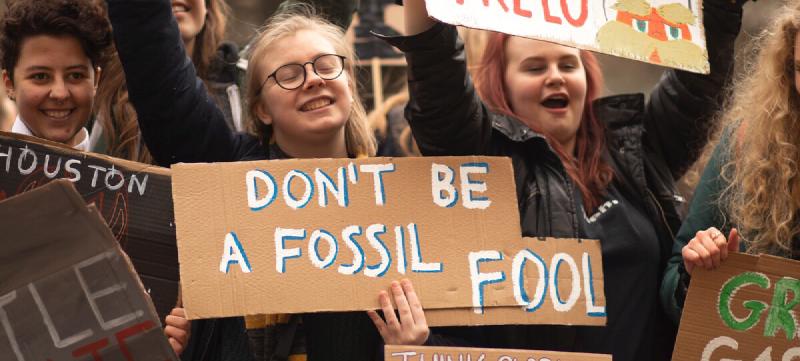In our experience, many non-school education providers offer 45min - 1hour sessions. In an effort to help teachers and attract bookings these are often curriculum focused. This has meant that climate change has been an add-on to the session, if the educator is able to fit the topic into the timeslot. However, in the last couple years, many organizations are reevaluating and redeveloping their programmes to incorporate climate change in a more substantial way.
Organizations which work with schools on longer programmes seem to be better able to approach big topics requiring systemic changes, like climate change. The multi-lesson format allows these providers to teach key concepts, investigate consequences, and work with students to create solutions to problems.
It may be better for providers offering only short sessions to not worry about directly addressing climate change in sessions which already have another focus.Instead these sessions could emphasize developing pro-environmental attitudes as it is this attitude which forms the basis for willingness to take action on climate change.
Addressing climate change in schools
-
Embed climate impacts in other subjects
-
Develop skills for addressing problems
- Systems thinking
- Critical thinking
- Teamwork
- Empathy
- Take a whole school approach
-
Resources
Climate anxiety
Climate change is a big problem with frightening consequences. It can cause anxiety in adults and children.
-
Approach the topic in manageable chunks
-
Acknowledge students’ feelings
-
Give students agency by identifying problems in their environment which they can tackle
-
Give students opportunities to have positive experiences in nature
-
Organizations who can help
Developing pro-environmental attitudes
Chawla, Louise. (2007). Childhood experiences associated with care for the natural world: A theoretical framework for empirical results. Children, Youth and Environments. 17. 144-170.
Asah, Stanley & Bengston, David & Westphal, Lynne. (2012). The Influence of Childhood: Operational Pathways to Adulthood Participation in Nature-Based Activities. Environment and Behavior. 44. 545-569.
Send in your questions and comments! Contact us here.
